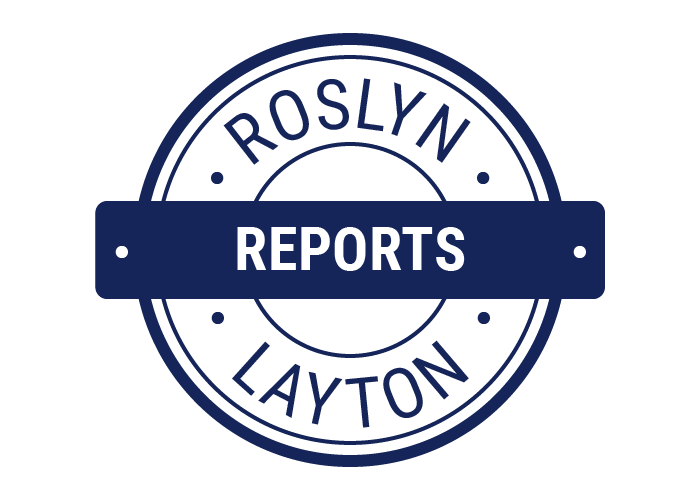The moment of truth – a portrait of the fight for hard net neutrality regulation by Save The Internet and other internet activists

Over the last few years, Strand Consult has followed the net neutrality debate and published a number of research notes and 7 detailed reports on the topic. Hard net neutrality rules are in place in some 50 countries even though soft rules are proven to work better to support investment and innovation. With the free report “The moment of truth – a portrait of the fight for hard net neutrality regulation by Save The Internet and other internet activists” Strand Consult shares its knowledge and offers a free 40 page report detailing how sophisticated global coalitions such as Save the Internet have succeeded to overwhelm seemingly “independent” telecom regulators and implement hard rules.
The report “The moment of truth – a portrait of the fight for hard net neutrality regulation by Save The Internet and other internet activists” offers the following sections
1. Why the sudden shift from soft to hard net neutrality regulation
2. Activism as an Industry
3. Digital Prostitution: The value proposition activists offer their funders
4. The tools and techniques of transnational activism
5. The franchise model of Save the Internet
6. How to capture regulators with automated emails and petitions
7. Why telecom operators are losing the net neutrality battle
Strand Consult’s goal is to bring transparency to the net neutrality debate and to demonstrate how well-funded, sophisticated global campaigns have succeeded to make hard net neutrality rules in the US, EU, India, and other countries.
For the last 20 years Strand Consult has published serious, independent research about the telecommunications industry. We are not afraid to say unpopular and embarrassing things about its actors in the industry. This report shows the professionalization of activism as an industry and how large American Internet companies such as Google, Netflix, Microsoft, and Mozilla; foundations such as Ford and Open Society; and other entities to leverage activists as digital prostitutes to conduct public policy. This is nothing more than guerilla marketing in which compensated users are the voice of corporate policy, giving it “credibility”. This strategy allows large corporations to amplify their message and get more seats at the negotiating table for favored regulation. Foundations use activism as a way to protect their financial portfolios. The report is well-documented and referenced so readers can fact-check its information.
The report “The moment of truth – a portrait of the fight for hard net neutrality regulation by Save The Internet and other internet activists” also shows how activists working in concert with European telecom regulators succeeded to circumvent the EU’s democratic process. While the three branches of EU government may have officially agreed on a set of rules intended to balance stakeholders’ interests, the BEREC guidelines introduce new terms and provisions not found in the legislation, effectively creating new rules.
Given the deep disappointment among Europeans with the EU, Brussels is desperate to make any seemingly consumer-friendly policy. It proffers net neutrality rules as a way to “guarantee the Internet as an engine of innovation” even though it has no empirical evidence for this claim. EU governments spend approximately €150 billion annually on innovation and growth policies but have no systematic way to determine whether these policies work. Unwittingly while Brussels may see net neutrality as a short term win, it only adds to the continued resentment of Europeans who see the EU bureaucracy as disconnected, ineffective, and unaccountable in their decisions. The report also shows why telecom operators have failed for their lack of compelling thought leadership and coalition building.
Contact us to get your free copy of the report “The moment of truth – a portrait of the fight for hard net neutrality regulation by Save The Internet and other internet activists”. Strand Consult wants to share its knowledge with you. We believe that the press and especially telecoms regulators fail to see the actors and issue critically and are uninterested in empirical evidence in policymaking.